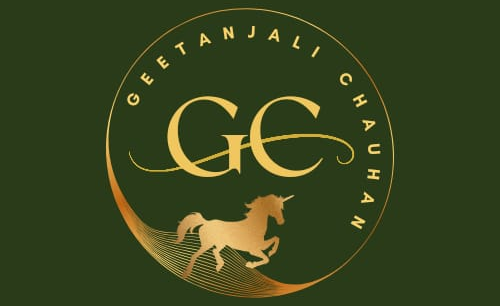
Menu

His shoes have worn out, my husband announced!!
I looked at him in a little surprise because he is a shoe lover and has many pairs, and I was wondering which ones he was referring to?. Whose shoes? I hardly bother what he buys or throws; besides, he doesn’t need my permission. He is old enough to decide. He took out a pair of old faded leather shoes that looked familiar and lived their lives.
He showed me their condition and said they were gone, as if waiting for me to respond. I glanced and sighed. Dad and his last pair of shoes.
“Yes, gone!”
Fifteen years is indeed a long time to be gone and to be in somebody’s shoes. I didn’t expect him, but he decided to keep them from so many things that needed to be given away.
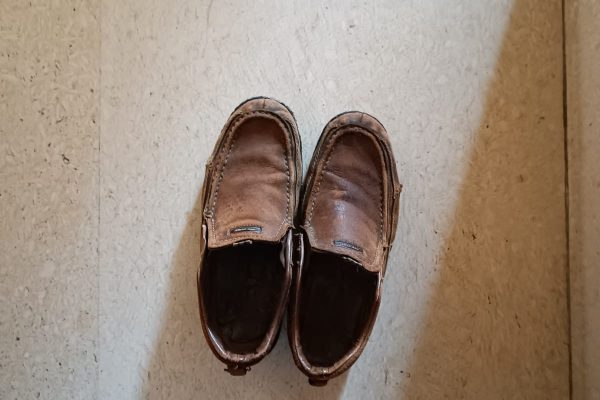
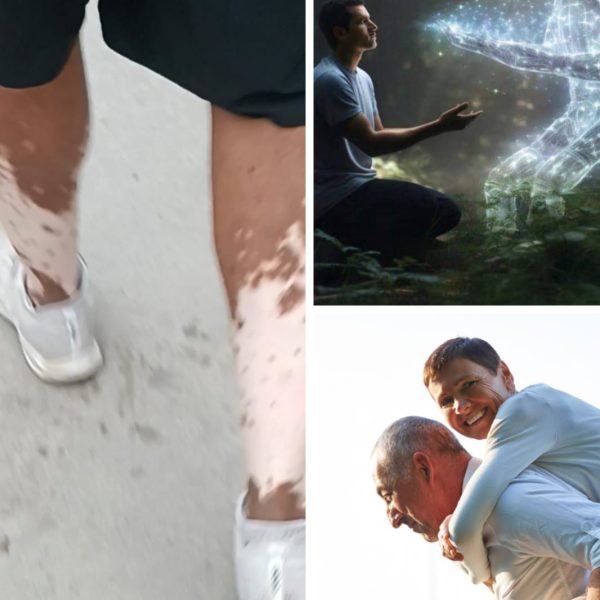
Much against the tradition of disposing personal items of the dead almost immediately, which is prevalent in Hindu culture, he decided against it. He said he didn’t care; besides, he is from a different religion. That pair was to be his object of affection.
He needed his time. He needed his connection to his father-in-law after he passed away. They had a beautiful relationship as a man to man. They never stepped in each other’s shoes those days, even if their common object of affection those days was me. They had no expectations from each other, just a bond that had developed slowly over years even before they became related and added “in-law” as a suffix. Almost of the same height at six feet, they often wore similar-size shirts in different colors and had the same shoe size coincidentally. A perfect father-son frame created by default but very differently natured. The pair of shoes was an expensive one that his father-in-law treasured, purchased recently, and wore. The son-in-law wore them lovingly on special occasions, much like him. Men noticed them and complimented him for his excellent choice. He loved the pair. There was also a time when the pair lay preserved in a shoe rack for years, especially when the son-in-law himself lay bedridden, stuck by cancer. There was nowhere to go those days. The shoes could rest as both sets of feet that were placed in them went missing. The shoes missed them both. Ironically, when it comes to traditions, the son-in-law, also called Jamai Raja, is often not a preferred candidate for participation in death rituals in the presence of a blood-related natural heir or clan.
In my case, that had gone missing already, having lost my brother earlier who was responsible for my father’s last rites; besides, I wasn’t the woman I am now. I listened and did what was told by elders. I simply obeyed. The son-in-law is often sidelined and expected to be a silent observer. This was even more distinct simply because he was not even from the same religion. There was already a veil of unsaid separation blocked by dos and don’ts of rituals decided by family and society. They become more important on such occasions than connections. He didn’t belong there, and somehow it was ensured that he didn’t feel belonged either. He was nice and young on top of it; perhaps he didn’t want to offend anyone, so being sidelined worked well. I have heard all kinds of statements, including an obnoxious one that “Jamai” means close to Yama, a Hindu god who represents death and is often not a pleasant deity to encounter in normal lives, for he spells doom. Both Yam/Jam and the Jamai bear a similar sounding connotation. I am not sure where that thought process came from in our societal mindset, and in which era? We still die arranging dowry for matrimonial alliances, though it is so much more refined and subtle. That way, the obnoxious mindset and the shame we have for not having enough trying to defend our honor and status in society can be blamed on someone. The son-in-law, or Jamai Raja, fits the bill perfectly.
I have definitely been angered by all kinds of loose talk and beliefs that exist and are still practiced in the absence of reasonable explanations, and I am hardly the superstitious kind. In fact, in such situations, the normal sensitivity can stay missing in your own blood clan for the obvious discomfort that comes in observing death rituals for days together. The clan tends to disappear faster than ghosts. These so-called silent observers watch everything on Doom’s Day. They have a presence about them that is not hysterical at the time of death. Maybe it is the unrelatedness. Lost in thought, they hardly share their feelings or pain. They aren’t suffering, but they are watching the suffering, and if they do, it is subtle and silent. Again, a very man-to-man loss!
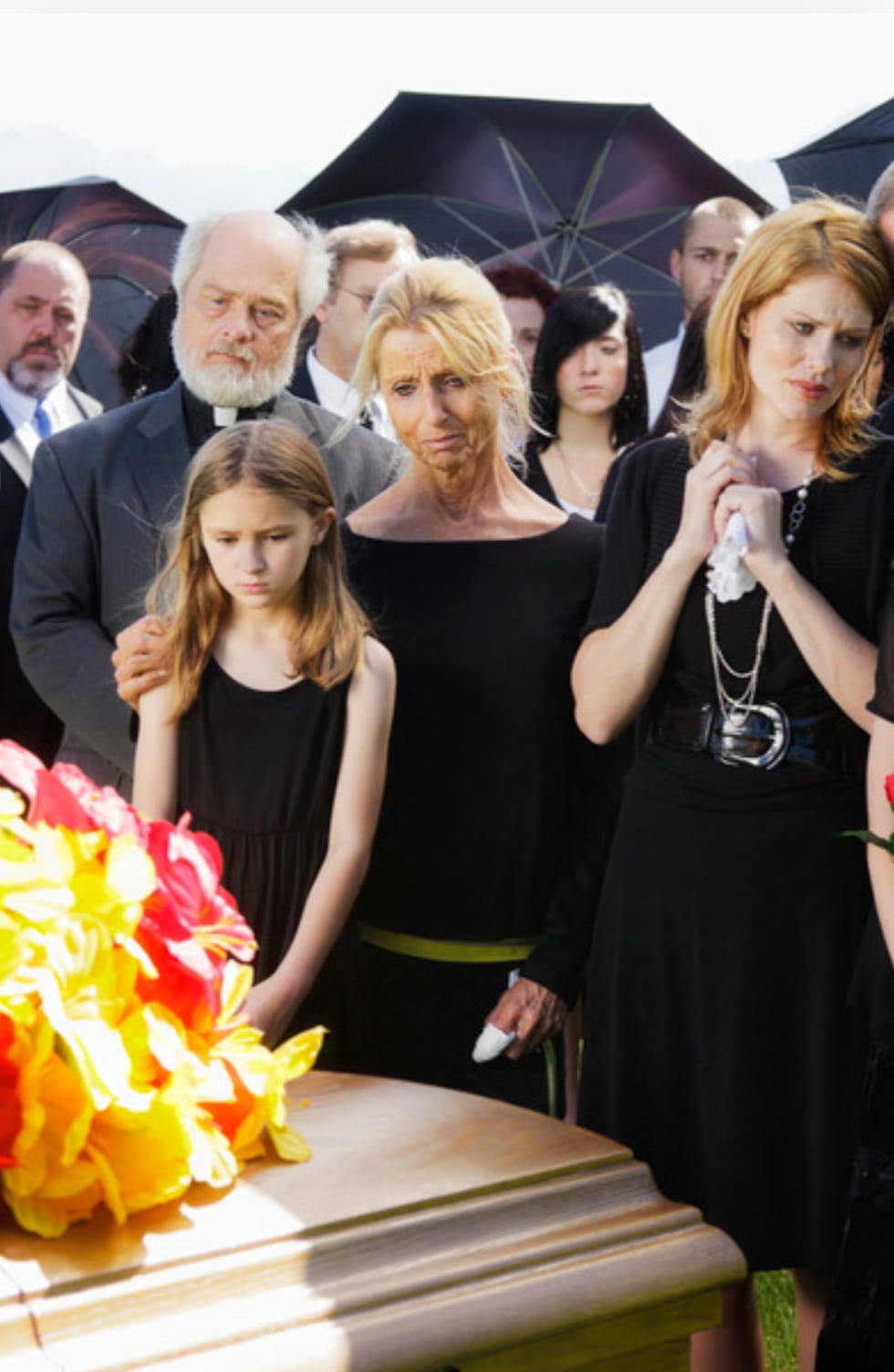
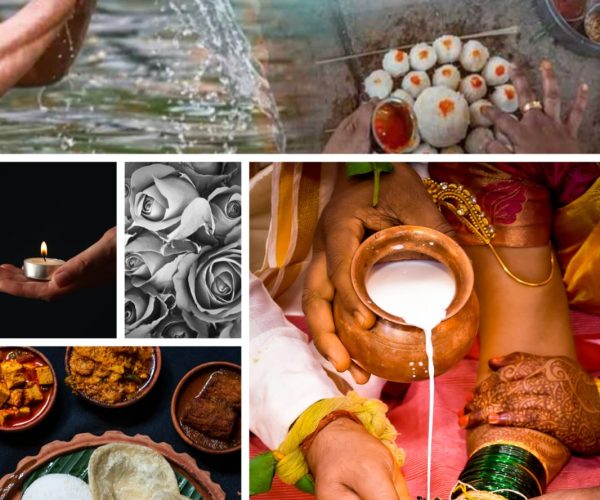
Hubby dear has been a part of all my death bed scenes, funerals, aftermath, and all the consents I have signed till date. He made sure that he was there when the ashes of the deceased were slowly lowered in the water body in each timeline, and his arrival back home with a sullen, tired, and lost look was a declaration for me that this is how it is going to be now!! We were in this together. He was losing a bit of me too, and he had to deal with it. My void that he had no capacity to replace. He knew that; perhaps that’s why he never made any promises to anyone. I wish I had the courage to oppose many things in retrospect. Rituals carried silently in the name of tradition and dogmatic beliefs left me more confused, irritated, and heartbroken, but I don’t think I could speak what I felt then. I had no voice those years. Yes, there are and there will always be rituals that people will follow to find more peace for themselves and to bring peace to the dead and departed souls so that they can continue to stay and rest in peace. Often everyone seems lost in the carrying of these traditions. There is that one ritual that is never handed over, unlike the assets and personal items, which demand almost emergency attention as to what belongs to whom? Those that are in a hurry hurry, while those that can stay with it stay.
It is a choice that gets made then.
I call it the grief ritual. A personal ritual that has nothing to do with who was what to whom in what relation? It is heartfelt.
Grief,
A ritual of love.
A ritual of attachment.
A ritual of pain.
A ritual of sadness.
A ritual of separation.
A ritual of staying in love.
A ritual of getting out of it.
A ritual of cutting cords with the past.
A ritual of letting go.
A ritual of acceptance.
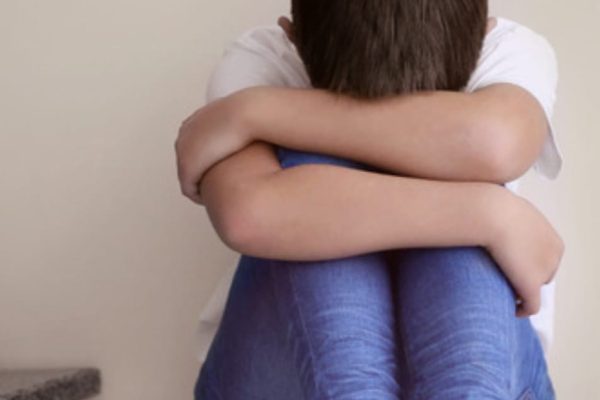
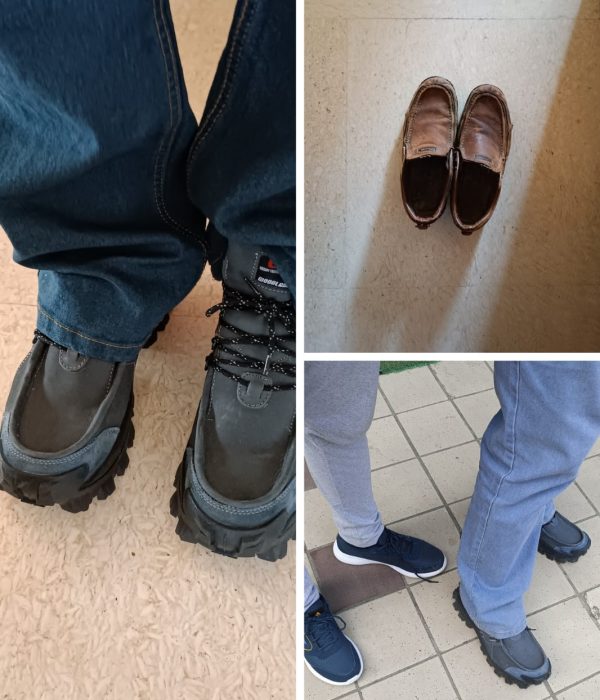
Some of us may never be able to do this in this deep way but need objects and reminders that confirm the duration of the pain that we stayed long enough in. I think those rituals are automatically completed when your shoes are ultimately worn out as a sign. When the grief has been outlived, so has the associated object.
Yesterday, at the last day of the traditional Pitrapaksh period in the Hindu calendar, when the world offered and asked for blessings from the deceased loved ones (called Pitra), along with forgiveness, was another subtle message from a presence around, telling the Jamai Raja…
Thank you for preserving my shoes all this while and honoring me in your own distinct way. Thank you for taking care of the things and people that I loved. I acknowledge your presence in the journey I have been absent from. We have walked together step by step in the same shoes to come to this place. We both know where it can pinch, but it is also time to get yourself a new one. The color you like. Your grief is worn out, and it cannot last forever, no matter how much you love me and miss me. Don’t mend or repair it now. You don’t need the reminders either. Let it all go.
I almost woke up from a slumber as he repeated himself, “Can I throw them now?”
Of course, and I simply said, Hey, you didn’t need to ask me! I think it is time to buy yourself another fresh pair for your collection. It is Navratri, and there are going to be such good offers on line. It is the beginning of the new.
Date : 02/10/2024